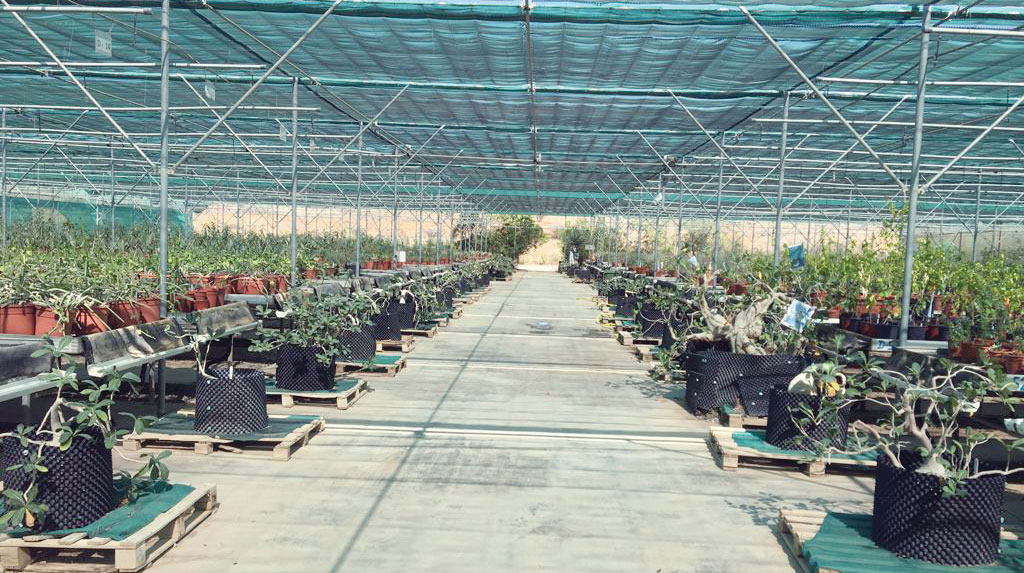

Oman and Britain are partnering to power the Sultanate’s green goals by discovering common ground between UK’s industrial and energy strategy priorities and the Sultanate’s visionary sustainability plans.
Among the lessons that the world learnt from the Covid-19 pandemic is the need to build back better. This November, the UK will host an important climate change conference since the Paris Agreement was signed in 2015.
To achieve the climate goals, there is a need to work hand-in-hand with partners around the world. Oman is making great strides towards meeting its ambitious sustainable energy targets. The Sultanate is now ranked third among Arab countries in the 2020 UN Sustainable Development Report, ranked ninth globally in the implementation of environmental laws and 22nd for sustainable development in the travel and tourism sector.
Oman is leveraging a global network of partners to achieve its Vision 2040 sustainability goals and reduce national reliance on natural gas. Chief among these collaborators is Britain, home to a thriving renewable energy sector and Europe’s largest green technology (green tech) community.
The Sultanate can take advantage of abundant sunshine, wind, and vast spaces to develop solar and wind power to supply its future energy needs. In fact, solar and wind are a big part of Oman’s energy transition plans. Focusing and deploying its skills, industry, and innovation in these two areas could make Oman a regional and even global leader in clean energy.
Regulation and funding are key, and plans such as powering the Oman Botanic Garden through solar can help drive awareness and appetite for clean energy.
Oman has already delivered several pilot wind projects for onshore wind in Dhofar, in the South of Oman, such as the Harweel Wind Farm project, which was completed in 2019.
The Sultanate also has plans to conduct offshore trials. Wood, Petrofac and other contractors are working with UK supply chain companies to explore these opportunities.
Given the speed at which solar and wind can be deployed, the potential exists for a major drive towards Oman’s role as a pathfinder for the region to meet the target of using 30 per cent renewable energy by 2030, from which wider economic benefits can flow.
Oman is also developing a world-class hydrogen strategy and aims to become the Middle East’s first green hydrogen generation hub powered by several GW of solar.
Shell Development Oman’s renewable energy arm ‘Qabas’ is delivering a 25MW commercial Solar PV plant in Sohar freezone, while also developing a hydrogen strategy that is cleaner than traditional gas-to-liquid energy.
Renewables, although a relatively recent entrant to Oman’s energy landscape, hold vast potential to cut fuel costs, reduce carbon emissions, conserve scarce water and create jobs.
PARTNERSHIP FOR PROGRESS
UK businesses are well placed to partner with Oman to optimise the country’s vast domestic renewable resources. Several major British green tech businesses, across sectors such as waste-to-energy, desalination, wind power and solar storage, are already on the ground helping Oman to meet its sustainability goals.
UK-based GreenFuels is powering Oman’s first sustainable biodiesel plant in a joint venture with local company Wakud. The facility will use old cooking oil as feedstock and is expected to be operational by Q2 2021. The innovative plant is set produce around 20 tonnes of biofuel daily and has plans to supply the whole of Oman and surrounding Gulf nations.
The UK remains a world leader in ‘green tech’ — a broad term for technology that drives clean energy production, particularly the use of technology to create power that is less harmful to the environment than fossil fuels.
Underpinning the British economy, the green tech sector employs more than 750,000 people. In 2019, it invested over £14 billion in the UK and generated £95 billion in value-added economic activity.
Close collaboration between energy sectors and the UK’s academic and research communities is continually bringing new technologies to market – supported by world-class education, research and technology transfer centres.
With a strong heritage of innovation and technology investment, British companies are set to play an important role in shaping and supporting Oman’s carbon-free future.
Simon Penney
(British Trade Commissioner for the Middle East)
Oman Observer is now on the WhatsApp channel. Click here



